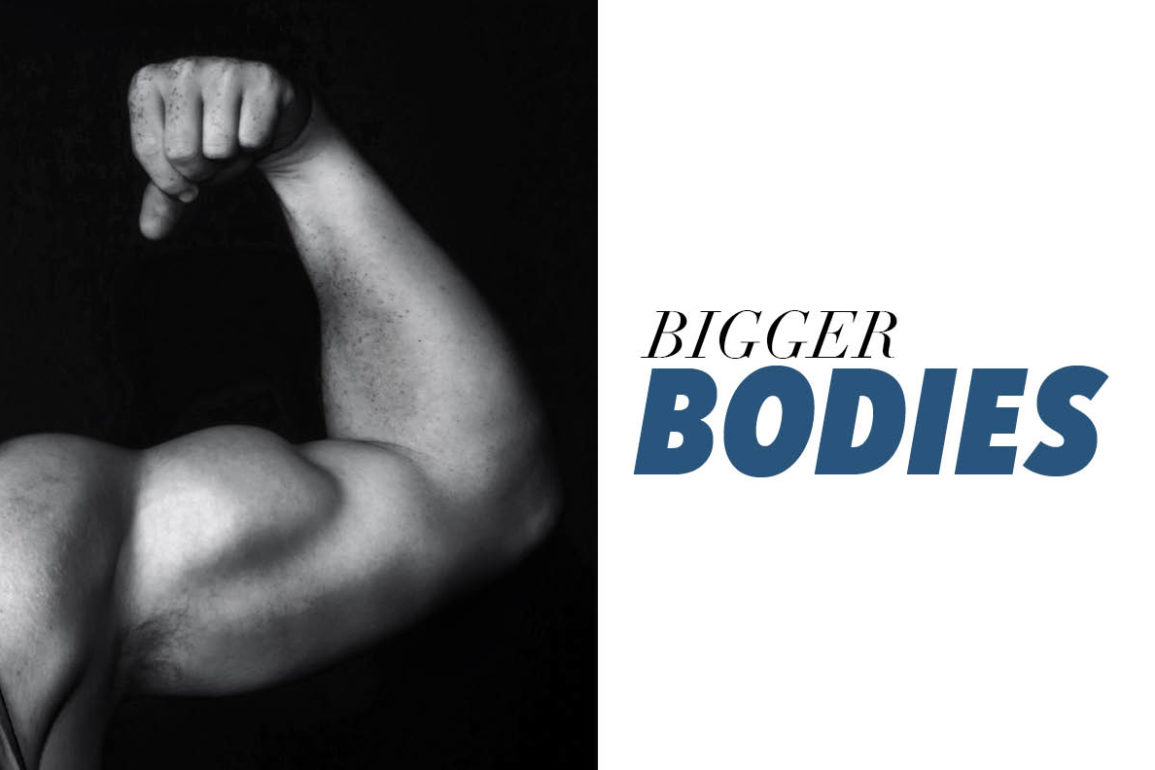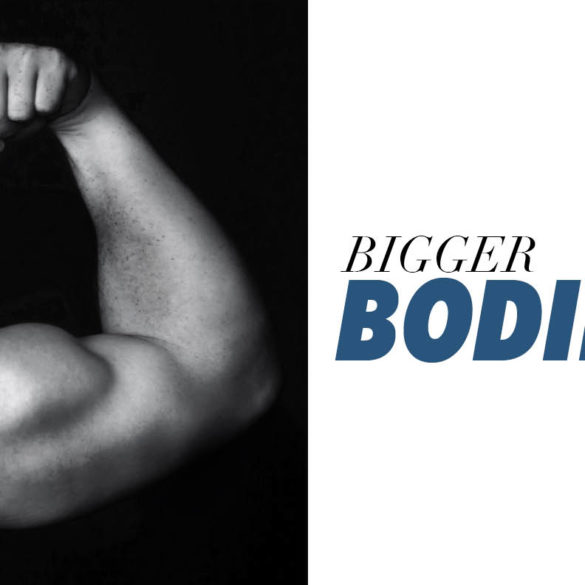Bodybuilders make sacrifices to obtain their perfect bodies, but “perfect” does not necessarily mean healthy.
“Come on man, one more!”
Josh Kuechler grunts as his friend shouts words of encouragement. A booming rock song blasts through his black earbuds as he finds the strength to push the two dumbbells he holds, which together equal 200 pounds, into the air. His red hair, which peaks out from underneath a baseball cap adorned with the American flag, drips with sweat. As he raises the heavy weights upward, his large arms, dotted with freckles as well as two tattoos, flex, revealing extreme muscle definition and popping veins.
After completing his last repetition, he drops the weights, and they land on the ground with a loud thud. Josh rises from the bench and walks toward the long mirror that lines the front wall of the weight room. He bends his knees and twists his hips, then flexes his biceps in an upward motion.
Josh, a senior exercise science major at Ball State University, devotes almost 10 hours each week to bodybuilding.
He was first introduced to the sport while in high school. Josh was heavily involved in football and wrestling, and he had never really thought about pursuing bodybuilding. However, he began to have problems with depression and anxiety. Some of his friends had been bodybuilding and really enjoyed it. Josh started doing research and learned that weight training had been proven to release more “feel-good” endorphins in the body. This, along with the motivation to get in better shape, helped Josh make his decision to become a bodybuilder.
* * *
Continue reading on The Atavist for the complete multimedia story.




